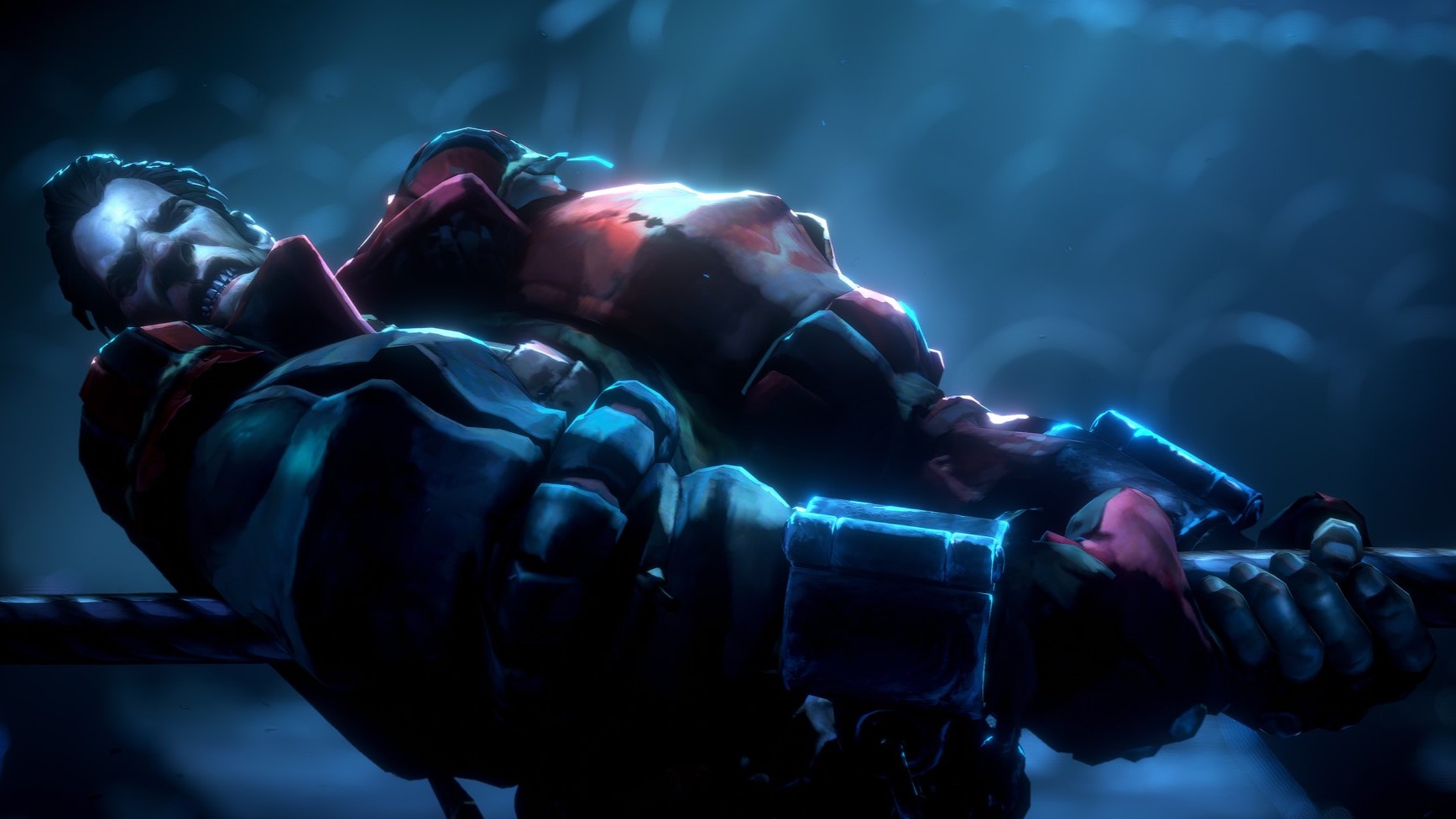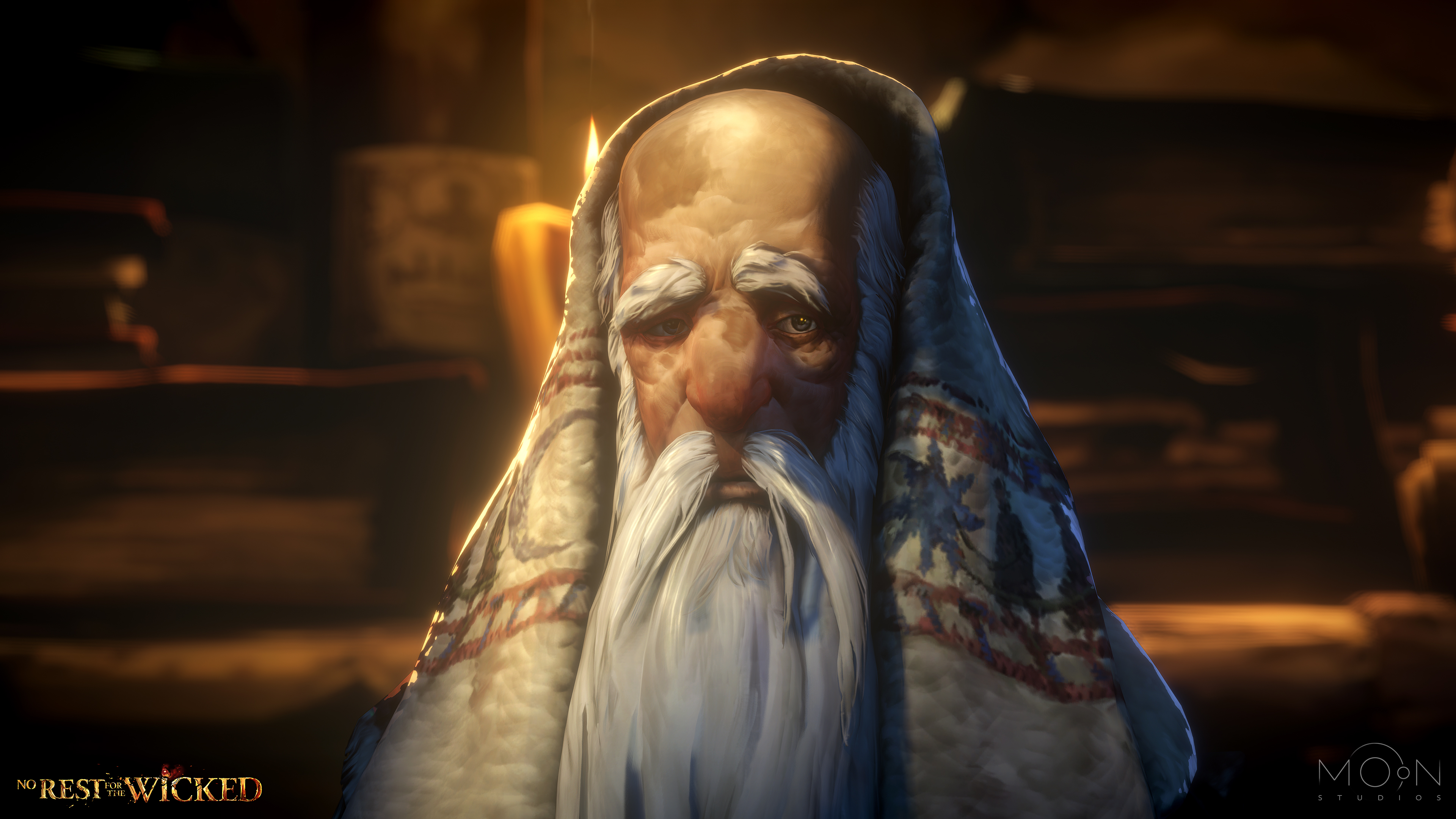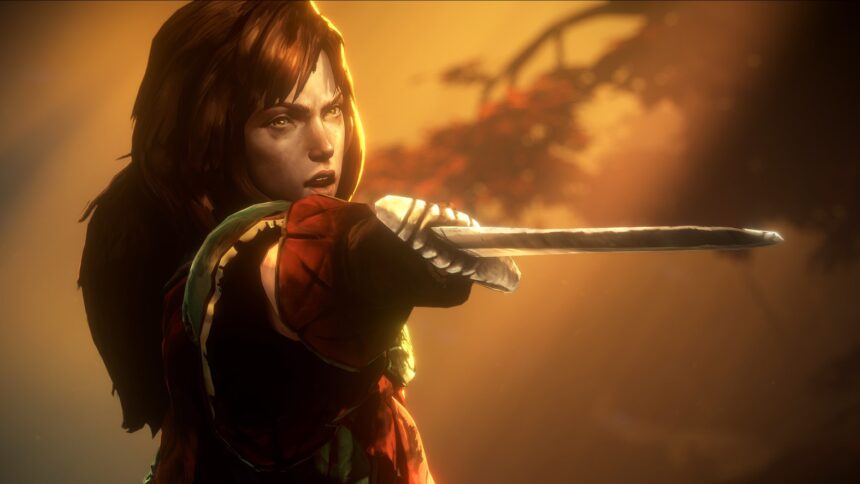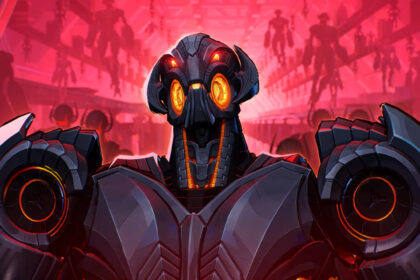A year out from its initial early access launch, I can finally see what Moon Studios wants to make with No Rest for the Wicked. It’s big in scope and scale, mashing conventions and mechanics of several genres into one world folded in on itself like its own intricately layered levels. And it invites much comparison: to Dark Souls and Diablo, namely.
And also fighting games. Monster Hunter Wilds. Even Animal Crossing. It’s an RPG with the action elements of an open world adventure like Elden Ring but an isometric perspective and emphasis on random loot. It’s a game about resource gathering and managing inventories and maybe farming, eventually. It’s a game about throwing yourself at the boss for days at a time as the shadows drift with the sun into night and back to day again.
Following the new Breach update, it’s more a game about making big combos and managing poise and stamina and focus, almost like Sekiro.
Not all the changes in the update have gone over well with fans, and negative reviews on Steam have prompted the game’s developers to speak out against the public criticism. In doing so, they have manufactured a controversy that implicates journalists, an imagined leftist coalition, and, of course, the usual minority scapegoats we are all tired of hearing about in every conversation. This has made finishing The Breach—and writing about it—an unwinnable proposition.
Which is all a shame, because No Rest for the Wicked has charmed me over the past year with its relentless focus on nuanced animation, a prime example being the way my sorcerer holds her staff out in front of her chest to balance when crossing a narrow beam over the gap. Every weapon has its own pose for such occasions, just as each reveals unique combos with bespoke flourishes to bring life to this stormy outpost of a great, shining kingdom on the mainland, a heart of darkness called Sacra.
In The Breach
Something is rotten on the island of Sacra. Survival, rebellion, inquisition, and pilgrimage collide in this world of sword and sorcery with vistas pulled from Friedrich’s canvas, ruins from Giger’s airbrush, and monsters from Bosch’s hellscapes. Its epic dark fantasy quests would be at home in Game of Thrones, but the art direction often reminds me of Princess Mononoke: The breeze through the painted grass, flowers swaying so gently before the screen—the whole world—erupts in violence and bloodshed.
In a new questline, I travel south of Sacrament, a day’s journey to the massacre at Hunters Vale. I follow the river to the dell, haunted by the cries that echo across the lowland meadows. Save me! Please! Help me!
And then I see her. The Lost Huntress: the corpse of a girl reaching clit-like from the gaping, ribbed mouth of a wolfish beast. My halberd rings with each swing. She wails with regret, trapped by the monster she could not stop in life or death. Then the flame at the end of my polearm catches matted fur and a warm blaze brings light to dark.
Each quest in The Breach becomes a memorable journey thanks to the music, the lighting, the sound design, the environmental exploration. But by the time I could play and write about the update, another boss was staring me down.
Moon Studios earned the status of indie darling with its Xbox exclusive Ori and the Blind Forest and cemented itself with its sequel. Then in a 2022 GamesBeat report, former employees accused studio co-founders Thomas Mahler and Gennadiy Korol of creating an “oppressive” workplace. With a pivot to a dark fantasy game unlike Ori in almost every way, the studio perhaps could’ve left some of the baggage behind and declared reinvention, but Mahler could not.

Mahler has implied in tweets that the fallout from the report was cancel culture and continues to echo GamerGate talking points about ethics in journalism to this day, all of which makes it hard to take his most recent posts as anything but revisionist history.
Last weekend, Mahler claimed on the game’s public Discord server that Moon was in danger of closing due to the growing number of negative reviews on No Rest for the Wicked’s Steam page. He then picked a fight with a journalist who wrote about his posts while walking back the suggestion that Moon was in a financial crisis, suggested the negative reviews were the result of an organized backlash by an imagined group of leftists.

He has since claimed that he used incorrect wording in his initial post because English is not his first language, while also saying he can “sometimes be impulsive and emotional.”
And yet he continues to post.
He continues to post about how unfair the game’s negative reviews on Steam are to the studio. He compared himself to Italian philosopher Giordano Bruno, who was burned at the stake by the Catholic church’s inquisition for challenging geocentric doctrine. Considering the recent conservative response to an American pope that has tepidly rejected the Trump regime’s anti-immigrant policies, the invocation feels loaded. (In before the claim I am reading too much into it and Mahler is Austrian anyways.)
After following him for a few years, I don’t think Mahler is himself a reactionary, but a populist. He wants to be “cancelled” for the cultural clout it has brought figures he relates himself to. But the same rhetoric he has used to court gamers has attracted a vitriolic following seeking adrenaline and titillation.
So, yes, an unfun balance change in an early access title will lead to more negative reviews. We’ve seen this blowback before.
Mahler has made himself the final boss of No Rest for the Wicked, turning a compelling ARPG that I want to play more of into an unwinnable game for us both. I can only assume after an offhand comment about trans people in his screed that Mahler will dismiss whatever I have to say; perhaps he will even suggest I am organizing my own campaign to undermine the studio. But for him, and for Moon, there are few bridges left to burn, let alone cross, and he has surrounded himself with torch bearers.
Read the full article here










